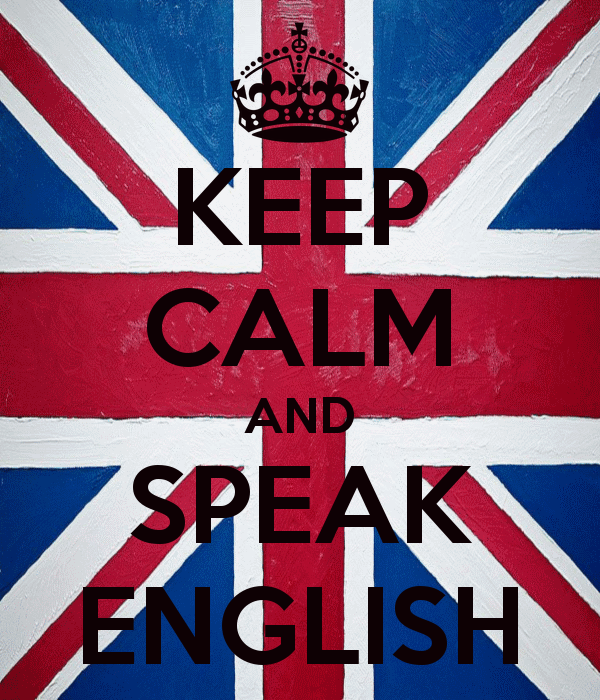MODAUX SENS 1
LES MODAUX
Ils indiquent toujours le point de vue du locuteur et peuvent prendre des valeurs diverses que l’on peut classer en deux catégories :
sens 1 : contrainte, permission, conseil, volonté, capacité, suggestion. sens 2 : probabilité.
Ils prennent la même forme à toute les personnes et ne peuvent être suivis que d’une base verbale (= un verbe à l'infinitif sans to).(BV/BE+Ving/HAVE+Vpp). Un modal peut avoir selon le contexte des valeurs différentes.
La forme non modale s’utilise quand il est impossible d’utiliser un modal, souvent pour exprimer le passé et toujours pour exprimer le futur.
|
Le locuteur exprime |
modal |
forme non modale |
| l’obligation
|
must+BV He must leave. Must+have+Vpp He must have finished by tomorrow |
have to he had to leave. He will have to leave.
|
| l’interdiction
|
may not can’t ...........} +BV mustn’t You may not park here, sir. You can’t smoke in a public place. You mustn’t smoke in a gas station. |
Not to be allowed to You will not be allowed to stay here. We were not allowed to smoke at school.
|
L’absence d’obligation |
needn’t+BV You needn’t use you fork to eat a hamburger. Needn’t +have+Vpp You needn’t have brought a present, but I’m very pleased you have! |
Not to have to : You won’t have to wear a suit, it’s a barbecue party. At school, we didn’t have to buy a calculator, they gave you one. |
La permission
|
can+BV may+BV You can come with us. You may call me by my first name. |
to be allowed to : You will be allowed to speak to the president. When I was a child, we were allowed to sleep on the roof! |
| Le conseil, le reproche..
|
Should (not)+BV You should smoke less. Should (not)+be+Ving You should be working instead of watching TV Should (not)+have +Vpp You should have asked my opinion. |
|
| La capacité, l’incapacité..
|
can(not)+BV I can’t lift that weight, it’s too heavy. I can run as fast as a leppard! Could(not)+BV capacité ou incapacité permanente dans le passé As a child, I could learn everything by heart. |
(Not) to be able to : Yesterday, I wasn’t able to remember my phone number. I’m sure he will be able to answer those questions.
|
La suggestion
|
Could+BV Might+BV We might/could go to the cinema tonight. Shall+sujet+v…? Shall we go to the cinema tonight? |
|
La volonté, le refus
|
Will/won’t/wouldn’t+BVShut the window, will you? Will you marry me? Yes, I will. He won’t eat vegetables! As a child, he wouldn’t eat vegetables. |
|
